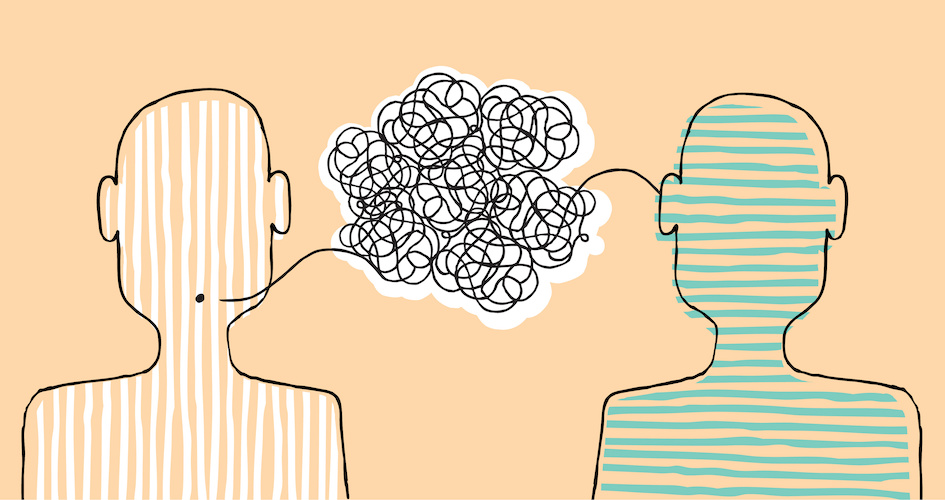Why I Take a Consultative Approach to Healthcare
Depending on where you take your vehicle to have it serviced, you’ll deal with either a mechanic or a parts changer. A mechanic conducts a thorough evaluation before doing anything. Your mechanic asks you to describe what’s going on; drives the vehicle, taking note of any strange sounds, vibrations, or odors; visually inspects the vehicle; and runs diagnostics to check for any error codes.
A parts changer makes an educated guess as to what the problem is and then proceeds to change parts until the problem goes away. It can be a costly, time-consuming process that often fails to address the root cause of the problem.
Unfortunately, modern medicine is driven largely by a part-changer mentality. Many doctors spend only a few minutes talking at a patient and reviewing results from lab tests and even less time listening to the patient, coming up with a diagnosis, and generating a thoughtful plan of care. Instead, they jump right to treatments that often include prescription medications — many of which alleviate symptoms without addressing their root cause. Even worse, medications can cause adverse side effects, resulting in a symptom profile that grows longer and more complex with every visit.
In contrast, I take a consultative approach to treating and caring for my patients. This approach is more collaborative and relies far more on listening to my patients, enabling them to play a much more active role in their treatment outcomes.

What Is a Consultative Approach?
A consultative approach requires a deep understanding and appreciation of your medical history, family history, lifestyle, life events, and current health conditions and concerns.
The process begins with you completing your functional medicine analysis form, which I review in preparation for your initial consultation, and refer to over the course of your recovery. Your functional medicine analysis is an inventory of your health history and presenting symptoms. In time, we should be checking off symptoms and seeing a trend towards better health and quality of life.
The consultative approach requires good listening in an environment that is not rushed, judgmental, or dismissive. I contrast this to a visit with a more conventional healthcare provider who works in an environment that rewards speed over thoroughness and the importance of building a collaborative doctor-patient relationship.
In this non-consultative scenario, it’s a quick conversation and lab review, followed immediately by knee jerk recommendations. I see this happening today in both conventional and holistic medicine as practitioners build models of medicine based on meeting the demands of insurance providers instead of improving patient outcomes.
Key benefits of a consultative approach to medicine include the following: Continue reading…



